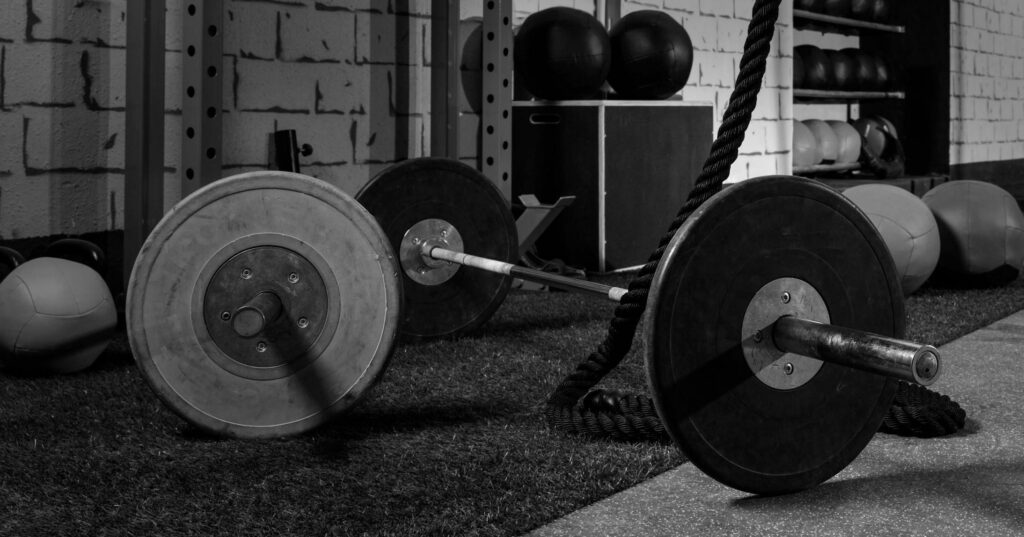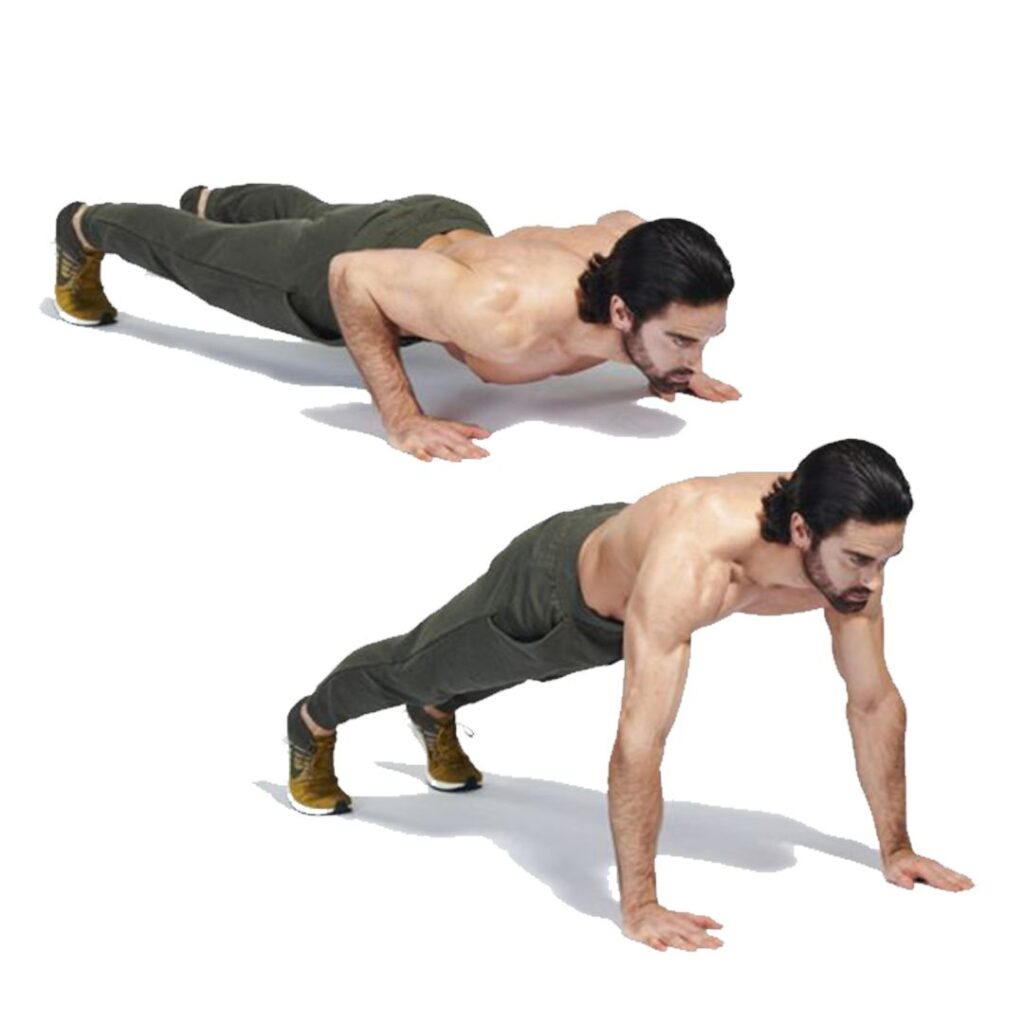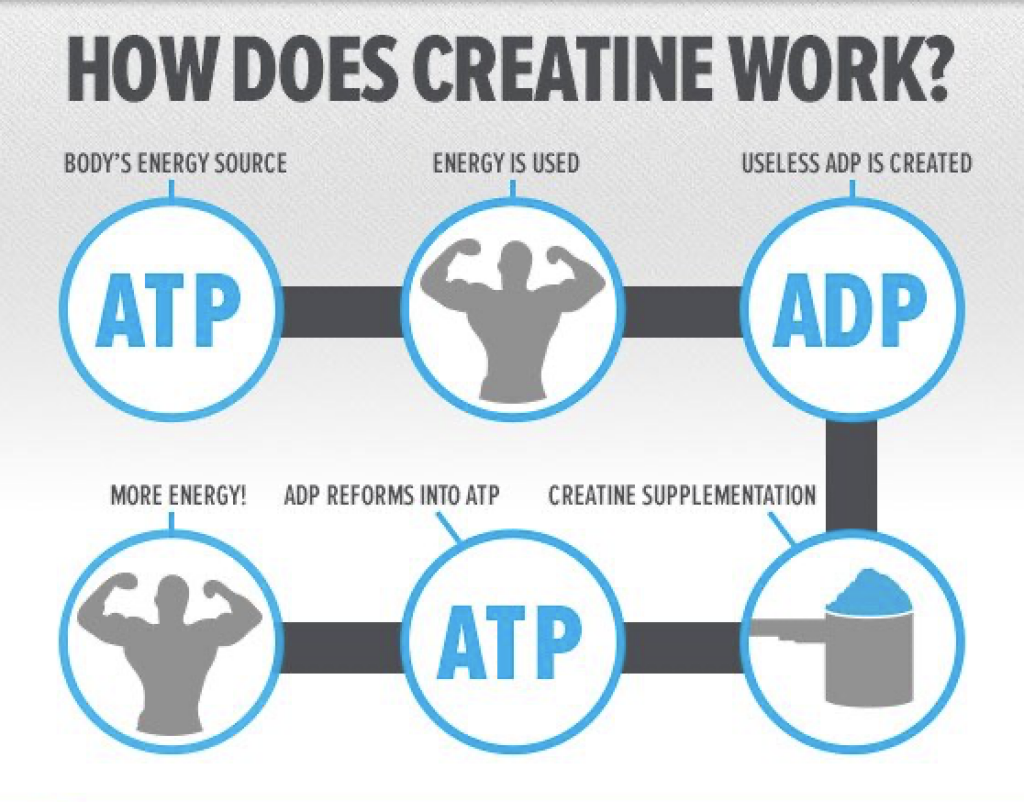Everyone has different types of strengths

What do I mean by this?
In my humble opinion, there are about 4 different types of strengths.
- Explosive
- Endurance
- Functional
- Relative
- Explosive Strength: Explosive strength, also known as power, is the ability to generate force rapidly. It’s key for activities requiring sudden bursts of energy, such as sprinting, jumping, and weightlifting. Explosive strength enables athletes to accelerate quickly, produce maximal force in minimal time, and execute dynamic movements with precision and speed.
- Endurance Strength: Do you ever hit walls while working out? You’re doing quality reps and suddenly can’t do another? Endurance strength, also known as muscular endurance, is the ability of a muscle or muscle group to perform repeated contractions over an extended period without fatigue. It’s important for activities requiring sustained effort, such as long-distance running, cycling, and swimming. Improving muscular endurance enhances stamina, delays fatigue, and prolongs exercise duration, allowing individuals to perform at peak levels for longer durations.
- Functional Strength: Functional strength emphasizes the application of strength in real-world movements and activities on a day to day basis. It involves training muscles to work together cohesively to perform everyday tasks efficiently and safely. Functional strength exercises mimic natural movement patterns that you may use daily and emphasize stability, balance, and coordination, promoting overall functional fitness and injury prevention.
- Relative Strength: Relative strength refers to strength relative to body size or body weight. It’s a measure of strength per unit of body mass and is often used to compare individuals of different sizes. Developing relative strength involves increasing strength while minimizing body weight, which is particularly relevant in sports with weight classes or activities where power-to-weight ratio is critical, such as gymnastics, rock climbing, and martial arts. This is why it’s more impressive for someone who weighs 150 lbs to bench 225 lbs versus someone who weighs 225 lbs to bench 225lbs.
You should be implementing all of these types of strength training into your routine. Doing so will allow you to become a much more well rounded athlete along with preventing injury. You’ll also find yourself becoming way more aware of your weaknesses and being more in tune with your body as one unit.
You Got This!
Subscribe to our newsletter and be the first to find out about new articles.






